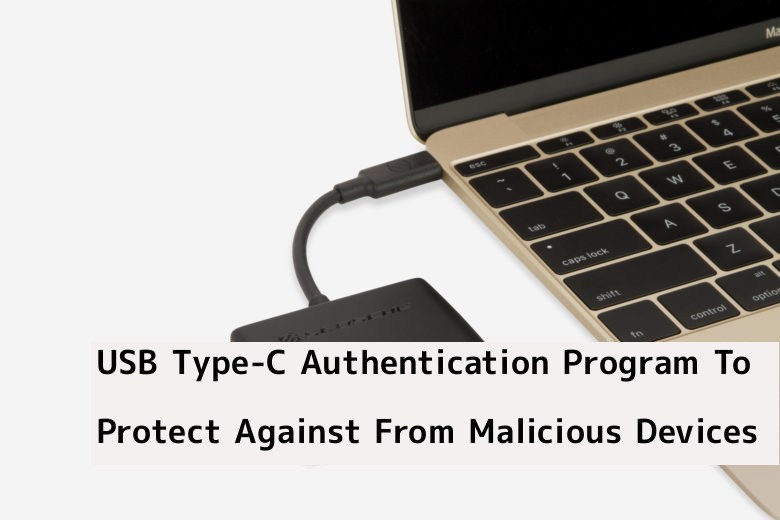USB-IF announced USB Type-C Authentication Program to confirm the authencity of the USB device USB device, USB cable or USB charger.
The Authentication program is the milestone for USB security protocol. The authentication program protect against non-compliant USB chargers and to mitigate risks from malicious firmware/hardware in USB devices attempting to exploit a USB connection.
The program aimed in protecting the USB users from security threats. USB devices remains as a top attack vector, around 9% malwares are designed to directly exploit USB protocol or interface weaknesses.
“USB-IF is excited to launch the USB Type-C Authentication Program, providing OEMs with the flexibility to implement a security framework that best fits their specific product requirements,” said USB-IF President and COO Jeff Ravencraft.
The USB-C cables first published in 2014 and it is the replacement of older USB cables. USB Type-C ports supports for a number of protocols and you can use number of adapters such as VGA, DisplayPort, HDMI and other ports.
Important Characteristics of the USB Type-C Authentication
- A standard protocol for authenticating certified USB Type-C chargers, devices, cables, and power sources.
- Support for authenticating over either USB data bus or USB Power Delivery communications channels.
- Products that use the authentication protocol retain control over the security policies to be implemented and enforced.
- Relies on 128-bit security for all cryptographic methods.
- Specification references existing internationally-accepted cryptographic methods for certificate format, digital signing, hash, and random number generation.
USB-IF has selected DigiCert Inc to manage the PKI and certificate authority services for the USB Type-C Authentication Program.










